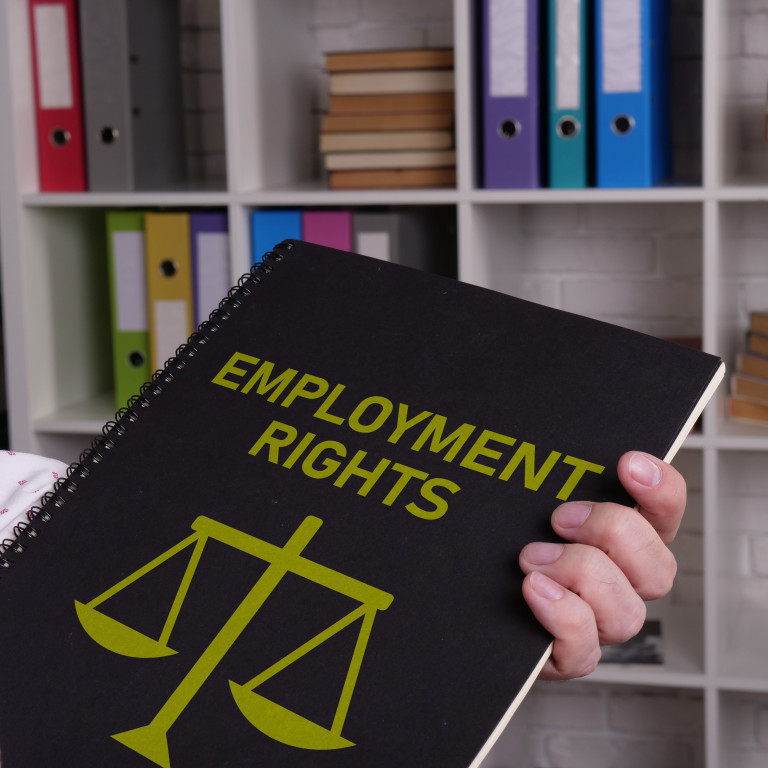Removal of COVID-19 Statutory Sick Pay (SSP) Provisions
Prior to 25th March 2022, individuals were deemed incapable of work (for the purposes of assessing eligibility for SSP) if they were unable to work due to the need to self-isolate.
These employees were automatically entitled, from day one, to receive SSP.
Employers with fewer than 250 employees were able to reclaim the statutory sick pay paid in respect of the first 14 days of COVID-19 related absences up until 17th March 2022.
What has changed?
Following the ‘COVID-19 Response: Living with COVID-19’ guidance published by the Government in February 2022, several legal restrictions in relation to coronavirus were removed.
From 25th March 2022, the above deemed incapacity provisions were revoked. Employees are no longer automatically entitled to statutory sick pay for self-isolating.
England, Scotland and Wales have therefore reverted to the pre-pandemic statutory sick pay rules which provide that an employee must now actually be sick or incapable of work in order to be eligible for statutory sick pay.
As a result of these changes, regardless of the reason for their sickness absence, an employee must be absent from work for 4 working days before qualifying for statutory sick pay. Where a period of incapacity to work commences on or before 24th March 2022, the old regulations will continue to have effect, with statutory sick pay being payable from day one.
What are the rules for employees who have COVID or have been in close contact with someone who has had COVID?
If an employee is sick from covid and is unable to work, then the usual statutory sick pay provisions or company sick pay, if applicable, will apply.
However, what if a scenario appears where an employee has tested positive for COVID and is either asymptomatic or has mild symptoms, and cannot work from home? Employers have a duty of care to other employees in the workplace and should not knowingly expose others to the risk of infection.
Employers must carefully consider how they approach these types of situations. If the employee is unable to isolate separately at work, the employer should consider sending them home to avoid risk to others.
These types of scenarios can be difficult to deal with, especially if an employee says they are willing and able to work. In this case, the question of pay arises. The employee may say that they should be entitled to full pay. The legislation surrounding this does not provide a clear answer however and employer may only want to pay SSP (or contractual sick pay, if any). General government guidance about SSP indicates that fit notes for sickness absence can properly be issued in situations where an employee is not actually sick. Examples of this could be where the advice is not to work for precautionary reasons or (as with COVID) if they are a carrier of, or have been in contact with, an infectious or contagious disease. This does suggest that SSP can properly cover situations where an employee is well enough to work but there are medical reasons why they should not, which may bolster the argument that an employee in these circumstances is only entitled to sick pay, not full pay.
While the law around this is unclear, what is certain is that an employee who can work but is required to stay away from the workplace is entitled to some pay which is likely to be at least SSP. There may of course be practical reasons for employers to pay; as well as helping to ensure staff loyalty, it may also reduce the likelihood that an employee comes into work despite being contagious.
What does this mean for Employers?
Employers may wish to consider the following points:
- Reviewing sick pay policies
- Revising workplace health and safety risk assessments
- Deciding what measures are appropriate following the new changes.
- Effective communication with employees about their expectations and what steps will be taken moving forward.
Find out more
Employers will need to strike a careful balance between living with COVID-19 and ensuring the safety of employees. Do contact our specialist employment lawyers if you have any questions regarding this topic.




